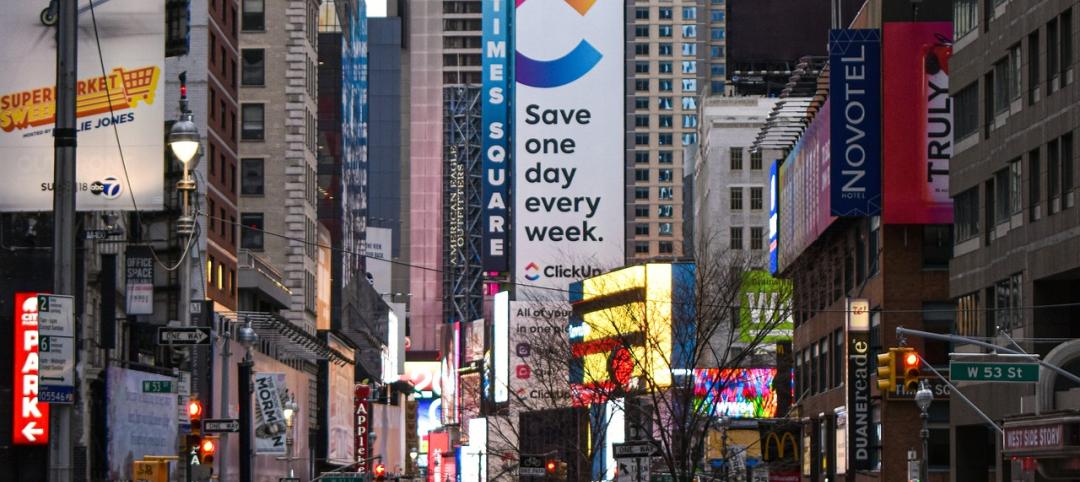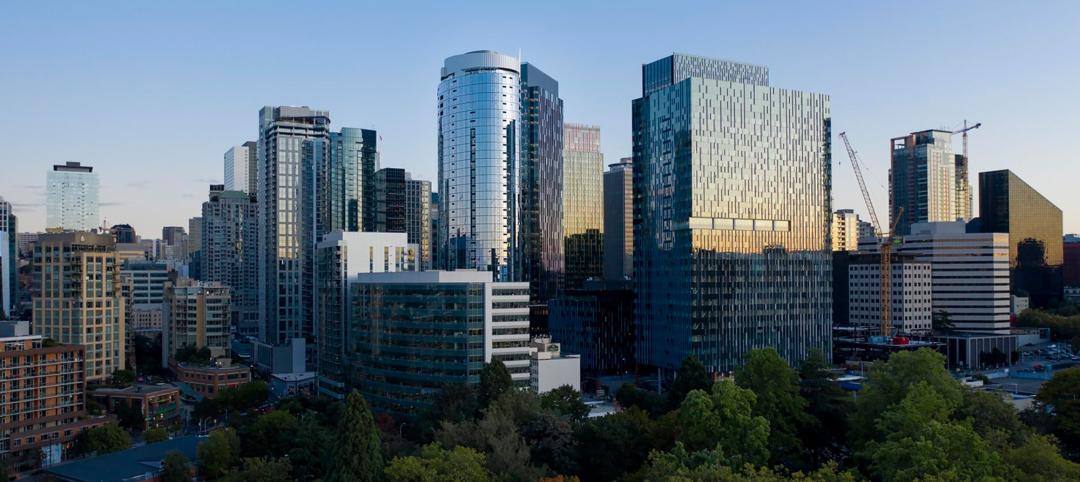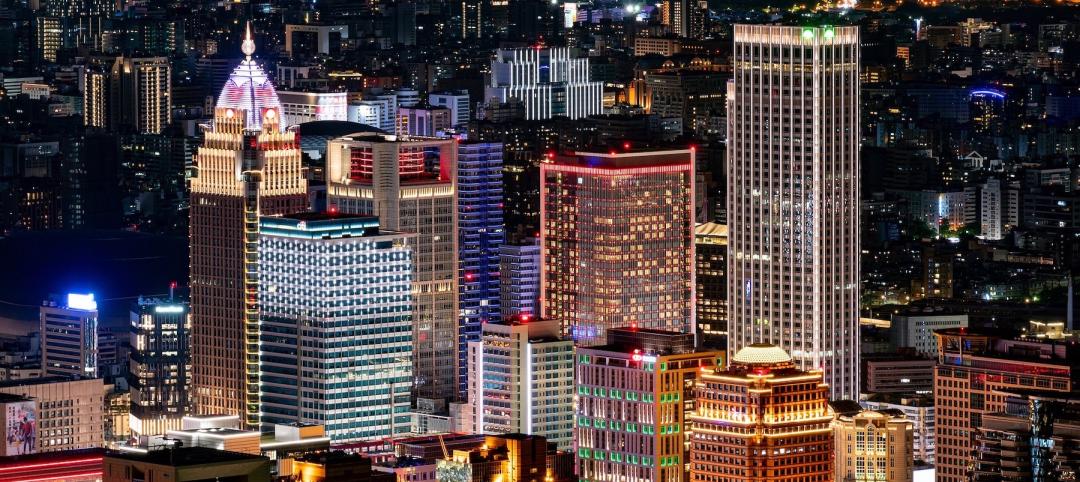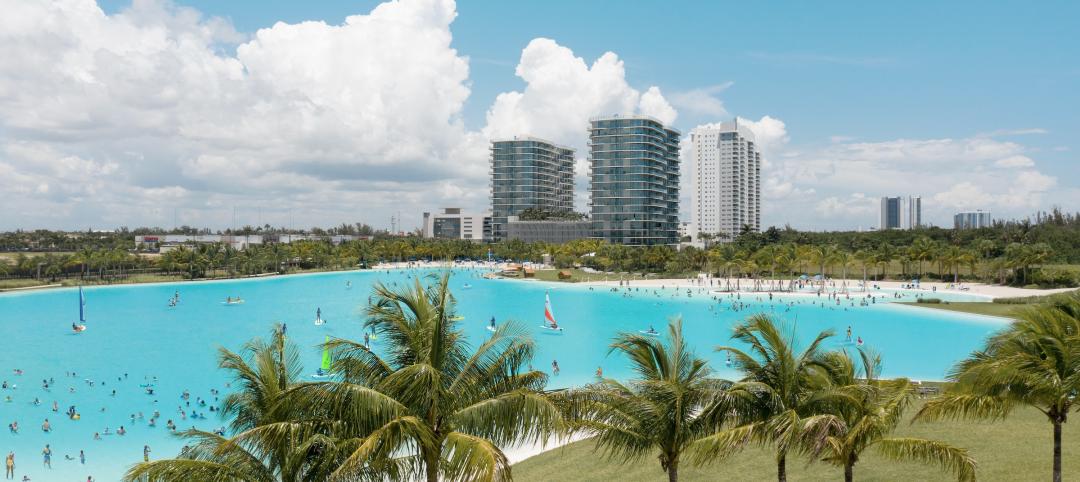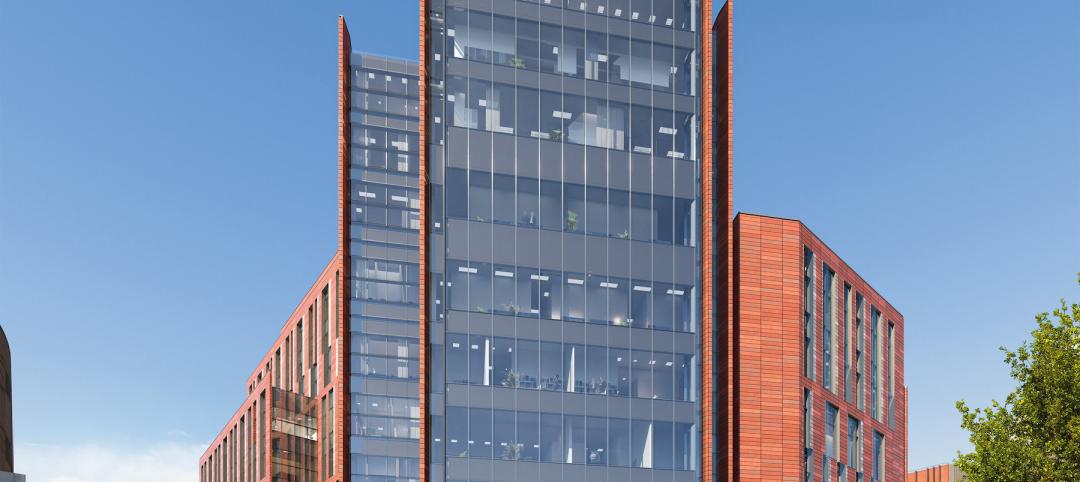The city of the future means more than it did 50 years ago. With rising climate dilemmas, breakthroughs in technology, and aging infrastructure, the needs of our cities cannot be solved with a single silver bullet. Surpassing the idyllic "smart city" is a holistic view of urban life to come—what Point2 Homes regards as future-ready cities.
Point2, a division of Yardi Systems Inc., released a report on the state of the largest 100 U.S. cities. The "Here Today, Here Tomorrow: Top Future-Ready U.S. Cities" report compared the country's top cities over a variety of metrics. In total, 30 key metrics—distributed across five main categories—were analyzed to determine urban innovation.
What makes a future-ready city?
The Point2 report determined future-readiness through five categories:
- Internet Connectivity: The access to the internet through high-speed coverage, especially accessible 5G mobile broadband.
- Environment & Sustainability: Use of electric and alternative fuel, decarbonization, Green building and sustainable practices.
- Business & Technology: The city's commitment to fostering innovation and technological advancements; patent submissions, share of STEM jobs, high share of startups as well.
- Economy & Demographics: A strong local economy with low unemployment and poverty rates.
- Transit & Mobility: Urban hypermobility that promotes bike riding, walkability, and other alternative means of transportation.
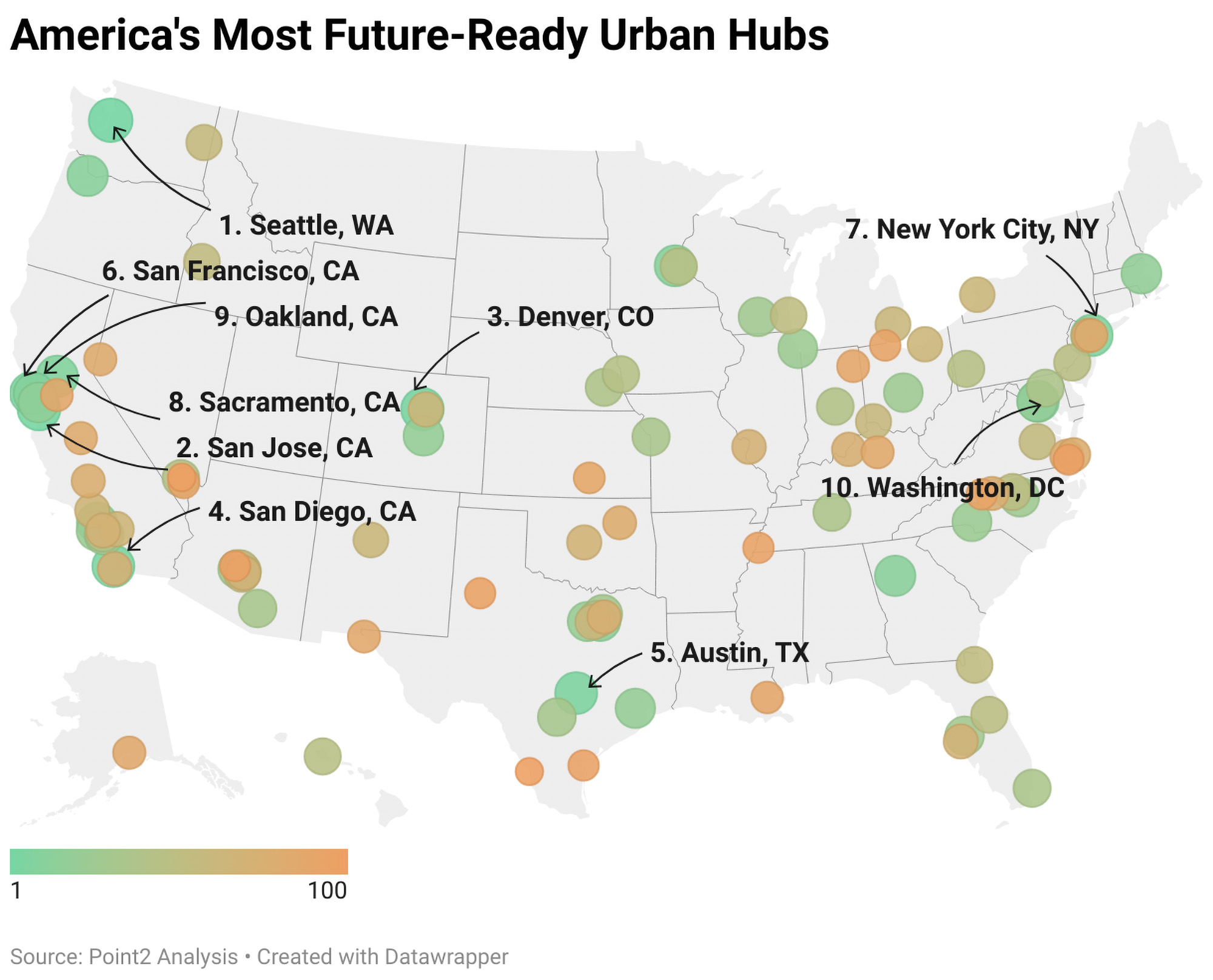
Top 10 'Future-Ready' Cities
Here are the top ten future-ready cities determined by the Point2 analysis.
1. Seattle, Wash.
Seattle sits at the number one spot overall, and also has the highest Environment & Sustainability rank among the 100 cities, according to the report. Its booming downtown scene, presence of major businesses and technology, and natural beauty make it the most future-ready city in the country.
2. San Jose, Calif.
San Jose sits in second with its tech scene and its dynamic, density-embraced urban planning. The city "inspires think pieces dedicated to why San Jose is the perfect model for an American city of tomorrow," writes Alexandra Ciuntu, Creative Writer, Point2.
3. Denver, Colo.
Denver's bustling aerospace presence, sustainability, and city design make it the third more future-ready city in the U.S.
4. San Diego, Calif.
Alongside Seattle and Sacramento, Calif., San Diego paves the way with the most electric fuel stations in the country. It sits as fourth most future-ready, but third in Environment & Sustainability.
5. Austin, Texas
Austin is the fifth most future-ready city, and is also one of the most innovative. It is the fifth city for Business & Technology in the country
6. San Francisco, Calif.
San Francisco sits at the sixth most future-ready, but the number one city in terms of Business & Technology. It is also only second to New York City in number of startups, and second to Minneapolis, Minn., for Transit & Mobility.
7. New York City, N.Y.
New York City is the seventh most future-proof, and has the most startups of any U.S. city. When it comes to internet connectivity, NYC has the most free WiFi spots in an urban area (12,000) followed by Los Angeles (10,500).
8. Sacramento, Calif.
Though Sacramento is eighth in future-proofing, it is first in Internet Connectivity. The city boasts a wide coverage of gigabit fixed internet, and a large share of households in the area have access to the internet.
9. Oakland, Calif.
Oakland rounds out the list of California hubs at number nine. It is also the eighth in terms of Business & Technology, behind Fremont, Calif.
10. Washington D.C.
Washington D.C. is the tenth most future-proof, with one of the largest collections of green-certified buildings. The Capitol is also sixth in Business & Technology and ninth in Environment & Sustainability compared to the top 100 cities.
To view the full report and see where each of the top 100 cities rank across the five categories, visit Point2's website.
Related Stories
Urban Planning | Apr 12, 2024
Popular Denver e-bike voucher program aids carbon reduction goals
Denver’s e-bike voucher program that helps citizens pay for e-bikes, a component of the city’s carbon reduction plan, has proven extremely popular with residents. Earlier this year, Denver’s effort to get residents to swap some motor vehicle trips for bike trips ran out of vouchers in less than 10 minutes after the program opened to online applications.
Urban Planning | Apr 12, 2024
New York City’s safest year for pedestrians due to concerted effort of street redesign, speed restrictions
In 2023, New York City recorded its safest year for pedestrians since record-keeping began in 1910. In a city of 8.5 million people, 101 deaths were due to vehicles striking pedestrians, less than one-third the number of the early 1990s. New York City ramped up its efforts to make walking and biking safer in 2014 when the city reduced its speed limit to 25 miles per hour.
Codes and Standards | Apr 8, 2024
Boston’s plans to hold back rising seawater stall amid real estate slowdown
Boston has placed significant aspects of its plan to protect the city from rising sea levels on the actions of private developers. Amid a post-Covid commercial development slump, though, efforts to build protective infrastructure have stalled.
Mixed-Use | Apr 4, 2024
Sustainable mixed-use districts: Crafting urban communities
As a part of the revitalization of a Seattle neighborhood, Graphite Design Group designed a sustainable mixed-use community that exemplifies resource conversation, transportation synergies, and long-term flexibility.
Codes and Standards | Mar 18, 2024
New urban stormwater policies treat rainwater as a resource
U.S. cities are revamping how they handle stormwater to reduce flooding and capture rainfall and recharge aquifers. New policies reflect a change in mindset from treating stormwater as a nuisance to be quickly diverted away to capturing it as a resource.
Urban Planning | Mar 17, 2024
A new report surveys city dwellers about urban living
Architects are rethinking the city of the future in terms of relieving resident challenges.
MFPRO+ Special Reports | Feb 22, 2024
Crystal Lagoons: A deep dive into real estate's most extreme guest amenity
These year-round, manmade, crystal clear blue lagoons offer a groundbreaking technology with immense potential to redefine the concept of water amenities. However, navigating regulatory challenges and ensuring long-term sustainability are crucial to success with Crystal Lagoons.
Urban Planning | Feb 5, 2024
Lessons learned from 70 years of building cities
As Sasaki looks back on 70 years of practice, we’re also looking to the future of cities. While we can’t predict what will be, we do know the needs of cities are as diverse as their scale, climate, economy, governance, and culture.
Healthcare Facilities | Jan 7, 2024
Two new projects could be economic catalysts for a central New Jersey city
A Cancer Center and Innovation district are under construction and expected to start opening in 2025 in New Brunswick.
Sustainability | Jan 2, 2024
Los Angeles has plan to improve stormwater capture and source 80% of water locally
Los Angeles County’s Board of Supervisors voted for a plan to improve stormwater capture with a goal of capturing it for local reuse. The plan aims to increase the local water supply by 580,000 acre-feet per year by 2045.





